Potassium Fertilization Requirements for Intensively Managed Modern Alfalfa
Study author(s): Craig Sheaffer, University of Minnesota, Department of Agronomy and Plant Genetics
Years of study: 2011 – 2014
Location(s): Lake City MN, Dakota MN, Becker MN, St. Martin MN
Important: for the complete report, including all tables and figures, please download using the link(s) to the right.
summary
Spring alfalfa populations: At Becker and Rosemount, spring plant population had a significant response to K application (Table 1; Figure 1); however, no response was observed at Lake City or Stearns. Plant population was significantly affected by variety at Lake City and Rosemount. At Lake City, 3979 and 54V46 had higher plant populations than the other varieties tested. At Rosemount, HYBRIFORCE-2400 had the highest plant population and FORAGEGOLD the lowest.
Forage yields: At all sites, except Stearns, total forage yield in 2013 had a significant response to K application (Table 2, Figure 2). At Becker and Rosemount, alfalfa forage yield increased with increasing K application until the 240 lbs K acre-1 rate. At Lake City, all rates resulted in similar forage yield all of which were higher than the 0 K rate. Varieties differed in forage yield at each location although the relative ranking was inconsistent. Total (2012 and 2013) forage yield at each location reflected those observed in 2013 (Tables 3-6).
Fall alfalfa populations: In fall 2013, plant population and crown and root biomass were determined by manually removing plants at Becker and Lake City (Tables 7 and 8). At Becker, plant population and crowns, roots and total biomass (roots+crowns) had a significant response to K application. Although difficult to explain, plant population was highest for the 120 lbs K acre-1 . Crown and root biomass were similar for the 60 to 360 lbs K acre-1 rates, but greater than the 0 K rate. Crown biomass was similar for 54V46 and FORAGEGOLD, but root and total (crown plus root) biomass was similar for the alfalfa varieties. At Lake City, crown biomass and total biomass were greatest at the 360 lbs K acre-1 . Plant population and root yields were greater for HYBRIFORCE-2400 and 56V46 than for FORAGEGOLD.
